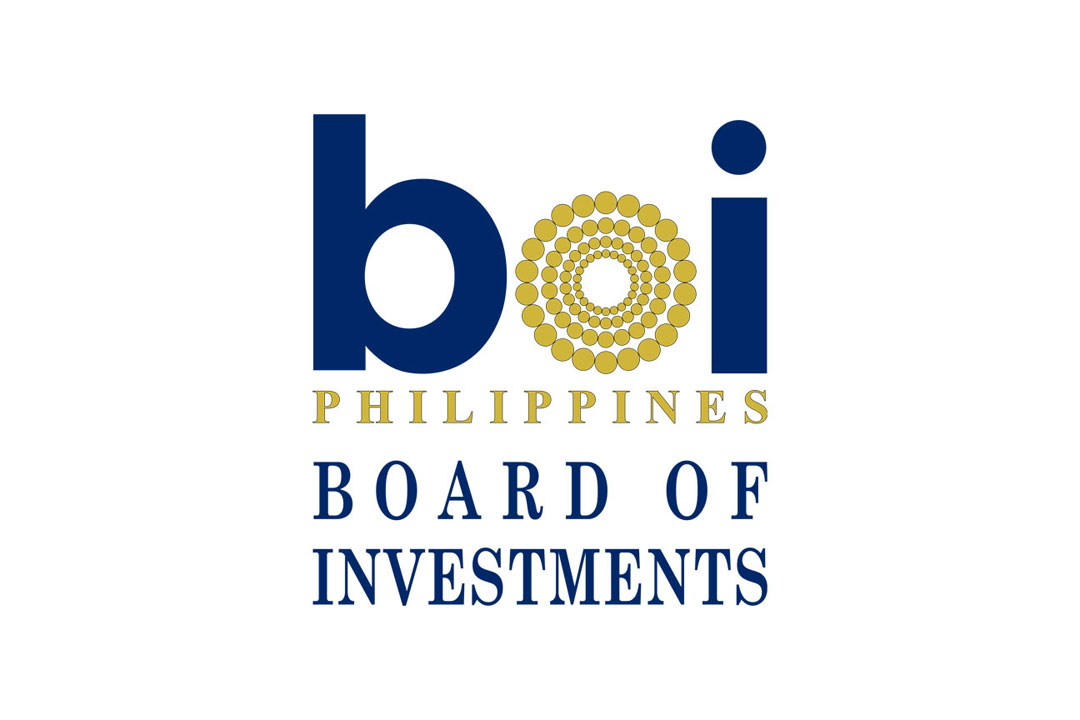BoI to allow return of registrants to PEZA after WFH legal opinion

THE Board of Investments (BoI) said it will allow registered business enterprises (RBEs) to voluntary return to the jurisdiction of the Philippine Economic Zone Authority (PEZA).
“The BoI supports the allowing of those who have transferred to BoI to seamlessly be able to go back to their PEZA registration if they prefer it,” Department of Trade and Industry (DTI) Undersecretary and BoI Managing Head Ceferino S. Rodolfo told reporters on Monday.
RBEs seeking to offer employees work-from-home (WFH) arrangements exceeding the PEZA maximum were allowed to transfer their registrations to the BoI last year, as a workaround to tax incentive rules requiring that most of the work performed by RBEs be conducted on premises.
PEZA, as the economic zone regulator, grants incentives tied to the performance of work within the ecozones, while the BoI has no such location-based rules.
“Once ecozones and freeport zones locators are given work flexibility, we also support allowing those who have transferred to BoI to take advantage of this legal solution to go back to PEZA,” Mr. Rodolfo added.
Asked to comment on the legal opinion issued by the Department of Justice (DoJ) on Section 309 of the Corporate Recovery and Tax Incentives for Enterprises (CREATE) Act, Mr. Rodolfo said that the opinion only clarifies the law as it is generally understood.
“The DoJ legal opinion essentially confirms the existing mechanism that provides the flexibility that now allows us to continue to attract business process outsourcing (BPO) investments into the Philippines,” he said.
However, he said that the BoI is reiterating the DTI recommendation to the House of Representatives of setting a 30% WFH limit for RBEs in ecozones and freeports.
Jack Madrid, president of the IT and Business Process Association of the Philippines (IBPAP), said that the organization also welcomes the legal opinion.
“(WFH) is not a new topic for the industry. We have become the ‘poster boy’ for work flexibility, but I feel that the industry is speaking for the entire workforce because WFH in some shape or form has affected the future of work, not just the IT-BPM (information technology and business process management) industry,” he said.
However, he said that concerns were raised following the news that came out after the DoJ posted its legal opinion.
“While we welcome the opinion and clarification, the headlines are a bit of a concern because you know when employees read a headline like that, it could discourage them from the industry,” he said.
He said that the industry is facing reputational risk when reports emerge about limits on work flexibility.
“When we have a supply problem and then they read a headline about constraints on work flexibility, this could damage the reputation of our industry and also our country, because our investors also look at headlines and may see an instance of changing the rules,” he added.
Nonetheless, he said the IBPAP is pleased that the government has given IT-BPMs a legal pathway towards 100% WFH arrangement while enjoying the incentives provided under CREATE.
“Most of our investors are in PEZA, and allowing the paper transfer of locators in PEZA gives them the capability to transfer to BoI which in turn gives them 100% work flexibility,” he said.
“This was a very good legal solution to give more flexibility. And I’m happy to receive information that the DoJ opinion will not affect the work arrangements of those currently enjoying 100% work flexibility after the paper transfer to BoI. So, that is certainly a significant clarification,” he added.
In the DoJ legal opinion dated Jan. 3, Justice Secretary Jesus Crispin C. Remulla said that Section 309 of the CREATE Act “requires registered projects under an investment promotion agency (IPA) administering an ecozone or freeport to be exclusively conducted or operated within the geographical boundaries of the zone or freeport.”
“Any project or activity conducted or performed outside the zone or free port shall not be entitled to the incentive under CREATE Act. This locational prohibition does not apply to enterprises registered with the BoI as it does not administer an ecozone or freeport,” Mr. Remulla said.
However, he noted that there are pending legislative measures which seek to allow RBEs in the books of IPAs, such as PEZA, to enter into voluntary WFH arrangements without losing their tax incentives.
“Until the enactment of new legislation amending the law, business enterprises located in economic or freeport zones must continue to conduct their activities within the zone boundaries if they wish to continue availing of their tax incentives under the CREATE Act,” he said.
“Likewise, these enterprises are not prohibited from adopting WFH arrangements but will no longer be eligible to continue enjoying the tax incentives,” he added. — Justine Irish D. Tabile



